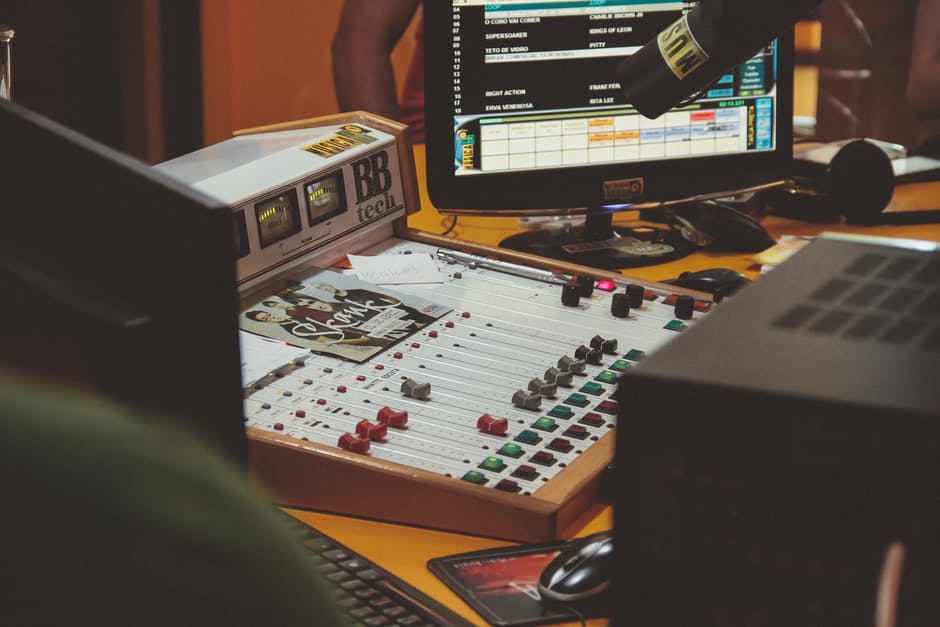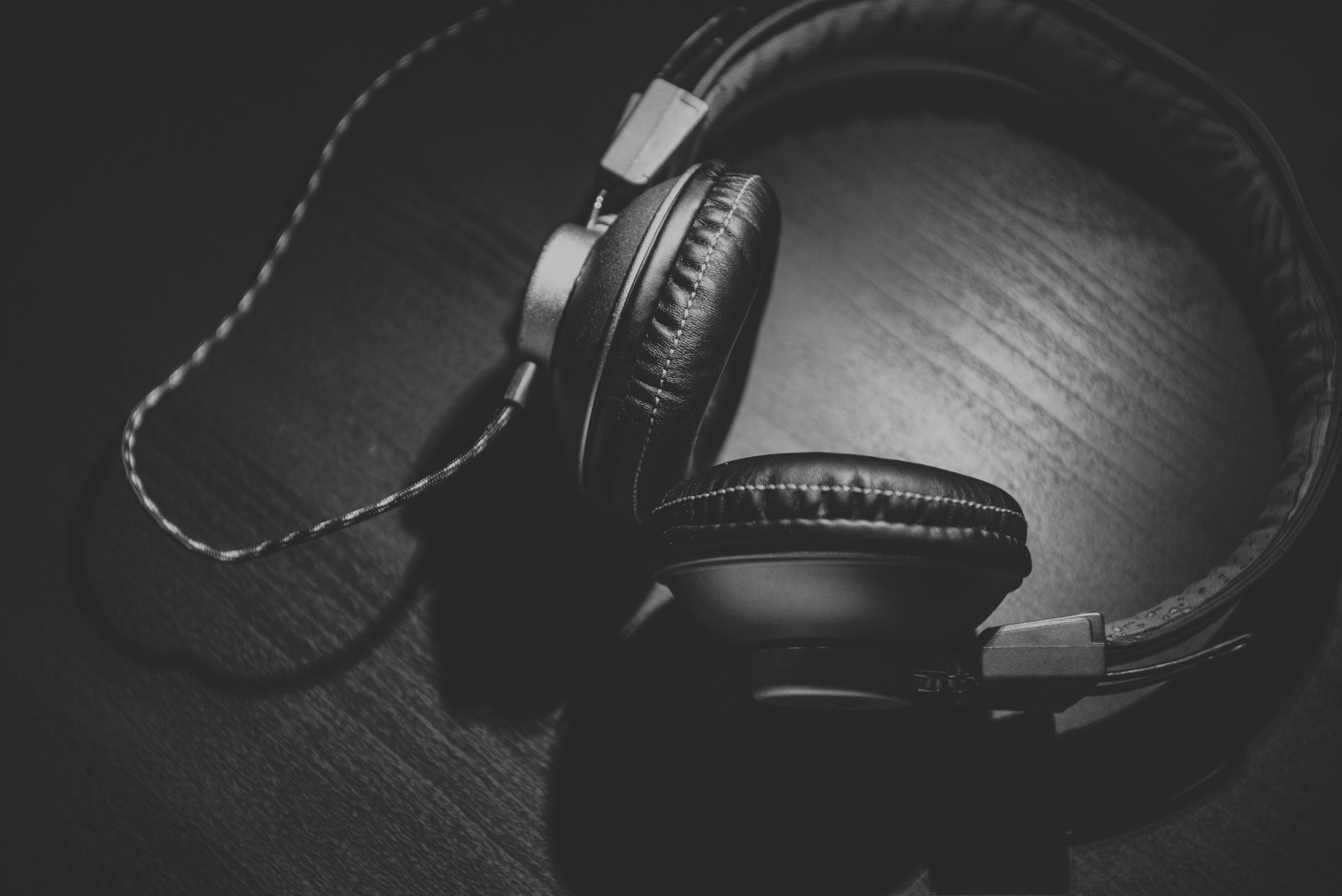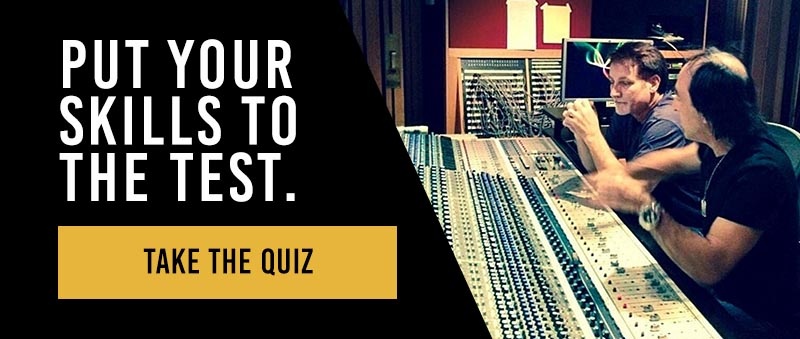
When talking about essential studio gear, most people want to talk about microphones, mic pre’s, eq, and compression. Each one of those could warrant their own blog. So instead, I’m going to talk about all the ancillary pieces of gear that could make or break a recording session.
Headphones/Cue Systems
Headphone/cue systems are almost always a necessity for recording studios, especially when recording loud drums or separating musicians into isolation booths. These range from simple 2 channel boxes to digital 16 channel boxes connected with network cables. You’ll also need a set of closed-back headphones for every musician. It’s also handy to have some 1/8″ to 1/4″ headphone adapters for anyone who wishes to use earbuds or in-ear monitors.
Music Stands
Music stands are also a must. You should avoid the collapsible type. You’ll want the conductor type with the writing surface so that your musicians can make changes to their charts. You also might want to grab some music stand lamps for those times when the band wants to turn down the lights for some vibe but still need to read their charts.
“Extra hard drives are a must.
It’s not a safety if it’s on the same hard drive as the master.”
Power cabling and Adapters
You’ll want plenty of power cabling and adapters. You’ll need lots of 3-prong (grounded) extension cords, quad boxes or power strips, and ground lifts. You should have a quad box or power strip at every musician’s station. Your guitar players will probably have pedalboards and amp heads. Your keys player will probably have some electric keyboards and synthesizers. And your drummer may have a pad or DAW for loops and click. These all require power. If any of these have a ground buzz, a ground lift might fix it. If the noise is the same with or without the ground lift, it’s safer to keep the device grounded, especially with guitar amps.

Area Rugs
Area rugs can add a nice touch to your studio space and serve a few different functions. First off, they help define that musician’s space and can give the studio a homier feel. But they also serve some acoustical purposes too. They help uncouple the mic stand from the instrument that it’s in front of by reducing some of the vibrations that might be translated between them through the tile or wooden floor that they share. An area rug will also soften the sound of a musician’s foot tapping along with the beat. I’ll not only put rugs under musicians, but also guitar and bass amps, as they will help control early reflections from the hard surface floor that they’re usually on.
Extra Hard Drives
Extra hard drives are a must. It’s not a safety if it’s on the same hard drive as the master. We have a saying at The Blackbird Academy, “If your data’s not in at least three different places, you’re just borrowing it.” Plus, having a couple of extra unopened hard drives around for your clients could generate a little extra income. Cost plus convenience fee. On that same note, keep a lot of interface cables around. Never throw them out once they’re past their prime. You never know when a client will walk in with a project on a hard drive that only has a FireWire 400 connection.
“Staying prepared by having all these tools readily available, cuts down on distraction and allows you to focus on the more important aspects of engineering.”
Guitar Tuners, Testers, and Tape
It’s good to have a guitar tuner lying around and also a cable tester or multimeter for testing cables. Sharpened pencils and notebooks for the control room and music stands. Gaffers tape for any hazardous cable runs. Console tape (artist tape) and sharpies for gear and cue box labeling. A copy machine full of toner and paper to make copies of the charts for all musicians and some manila envelopes to keep it all in when they’re done.
Coffee
And last but not least, the coffee machine. If you don’t have a single cup self-serve model, you should always have a pot brewed. This is the piece of gear that every musician will want to use upon arrival and the one that they’re saddest about when it’s broken.
Staying prepared by having all these tools readily available cuts down on distraction and allows you to focus on the more important aspects of engineering. Getting your microphones and gear hooked up, getting your musicians in place, getting levels and sounds, and then getting out of the way so that the band can focus on creating.

